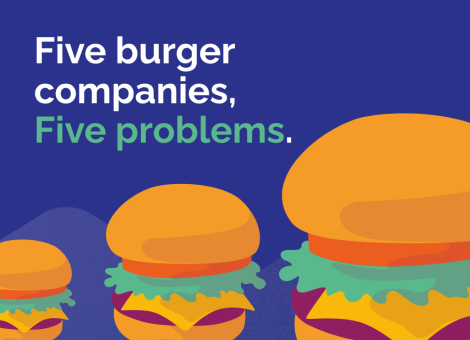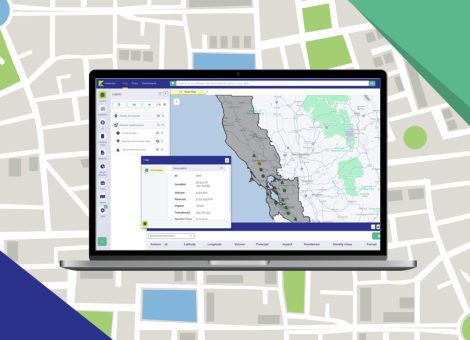Fuel price optimization: buzzword or science?
You’ve probably been hearing the word “optimization” everywhere. The problem is, the more you hear something, the closer it becomes to business jargon.
Contrary to the way many have been using it, fuel price optimization is not about simply having a smooth end-to-end process in place for pricing your network, neither is it about getting from price A to price B as quickly and efficiently as possible.
It’s time to rein in the definition of fuel price optimization — to rescue it from a place of meaningless buzzwords and bring it back into the mathematical arena, where it truly belongs.
What is the true meaning of fuel price optimization?
The bottom line: Fuel price optimization is the concrete execution of a mathematical paradigm and not the concept of wider process efficiencies (which are also important — our article, “What is Optimization, Anyway?” dives deeper into this).
Optimization is truly being utilized when your algorithm can make decisions for you, when your algorithm has used its amazing capacity and power to ascertain the best possible price at which you will sell fuel at the highest possible volume in your market.
There may be multiple price points available for each of your products. Optimization, then, occurs when your algorithm derives the optimal price for each product. By combining your products within product groups, you can understand forecast volumes, including different grades and octanes. Then, you can use your optimization tool to find the best set of prices to maximize your volume and profitability.
In other words, a fuel pricing optimizer:
- Uses your brand strategy as a guideline
- Considers the potential volume across all of your products
- Works within the constraints of your market, and
- Determines the optimal set of fuel prices based on its algorithm.
Of course, fuel price optimization does involve timing as well — but these time constraints are based on your pricing position, your strategy, and the market itself. (See list above.)
For example, in incredibly dynamic markets, such as the German or Australian market, where competitor prices can change multiple times a day, being able to apply your price changes at the appropriate speed is essential. However, even in other markets where the timing of your pricing changes is unlikely to make or break your retail experience, your algorithm’s ability to consider every data point as it comes in — rather than at the behest of manual intervention — is still critical to the optimization process.
So how can fuel retailers commit to optimization in this way — as a true, scientific process?
How to recognize “true” fuel price optimization
To put it briefly, you need to know your software has a team of data scientists working to evolve the optimization algorithms to ensure they’re capturing the latest market dynamics. That algorithm is being fed with data representing the market’s current truth.
A fuel pricing optimization algorithm is not a “set-it-and-forget-it” kind of thing. It needs to be as flexible and up-to-date as possible to cater to the constantly evolving fuel markets we see today. We are able to benefit from the concept of citizen data science, where sophisticated algorithms are encapsulated in easy-to-use software so that all of us have access to the power of optimization.
Additionally, you need clean, comprehensive data to feed to that algorithm to ensure it’s putting out the right insights for your pricing team. You need to have documented your strategy through the use of constraints, guides, and rules that will support your algorithm’s ability to consistently reflect those messages to the end consumer, while still focusing on your business goals.
This piece of fuel pricing optimization requires a human element to ensure that the brand pricing strategy remains consistently at the forefront. If you haven’t had to do any of that, then you’re not using fuel price optimization in the true sense of the word.
More science than a buzzword
Fuel price optimization is a much more scientific process than some fuel pricing strategists have been making it sound. Don’t be fooled by the buzzword — true optimization requires the right mix of art, science, and experience to get right
Luckily, you don’t have to figure it out on your own. With decades of expertise in the fuel retail and convenience industry and complex optimization tools, Kalibrate can help you truly optimize your fuel pricing for success. Contact us today to learn more about how we can help you.
Read more articles about:
Fuel pricingSubscribe and get the latest updates
You may unsubscribe from our mailing list at any time. To understand how and why we process your data, please see our Privacy & Cookies Policy
Related posts
Location intelligence
Five burger companies, five problems
These burger brands had challenges from international growth to understanding franchise locations cannibalization,...

Location intelligence
Market Optimizer: Demo video
Market Optimizer allows users to strategically grow their network in existing markets while balancing revenue...

